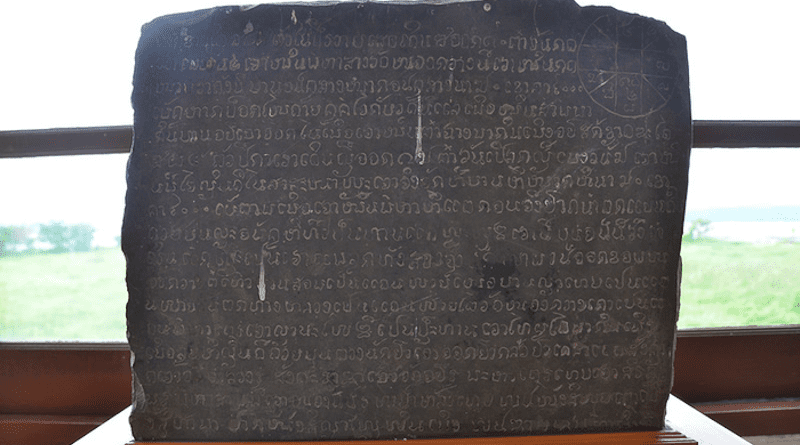Exploring Indian Genetic Heritage In Present-Day Thailand
A new genetic analysis reveals novel insights into the genetic heritage of people living in Thailand in the present day, which suggest the potential importance of past migrations in spreading Indian culture to the region. Piya Changmai of the University of Ostrava, Czech Republic, and colleagues present these findings in the open-access journal PLOS Genetics.
Mainland Southeast Asia has a complex population history and features hundreds of indigenous languages from five different major language families. During the first millennium of the Common Era—after trading began with India—Indian culture influenced establishment of early states in the region, and that cultural influence remains evident today. However, few studies have adequately explored the extent of evidence of prior mixing of South Asian genetic lineages in present-day Southeast Asian populations.
To provide a clearer picture of such genetic admixture, Changmai and colleagues conducted a genetic analysis of present-day people from 10 ethnic groups in Thailand. The study focused on genome-wide single nucleotide polymorphisms (SNPs), a type of variation found in different individuals’ distinct DNA sequences that can be associated with different genetic lineages. The researchers combined SNP data from 119 present-day individuals with previously published genetic data from relevant populations and analyzed the entire dataset using a variety of genetic methods.
The various methods returned consistent results, finding evidence for South Asian genetic admixture in several different mainland Southeast Asian populations that are known to have been influenced by Indian culture in the past. However, evidence of South Asian admixture was lacking for Southeast Asian populations that only recently emerged from cultural isolation. These findings suggest the potential importance of past migrations of Indian people in spreading Indian culture in this region.
The researchers also found evidence for close genetic links between people who speak languages from the Kra-Dai language family and people who speak languages from the Austronesian language family, supporting an earlier linguistic hypothesis that the two language families may share a common origin.
Changmai adds, “Indian genetic heritage in Southeast Asian populations suggests multiple waves of migrations from India to Southeast Asia in the past, which may have been responsible for the spread of Indian culture in the region.”

